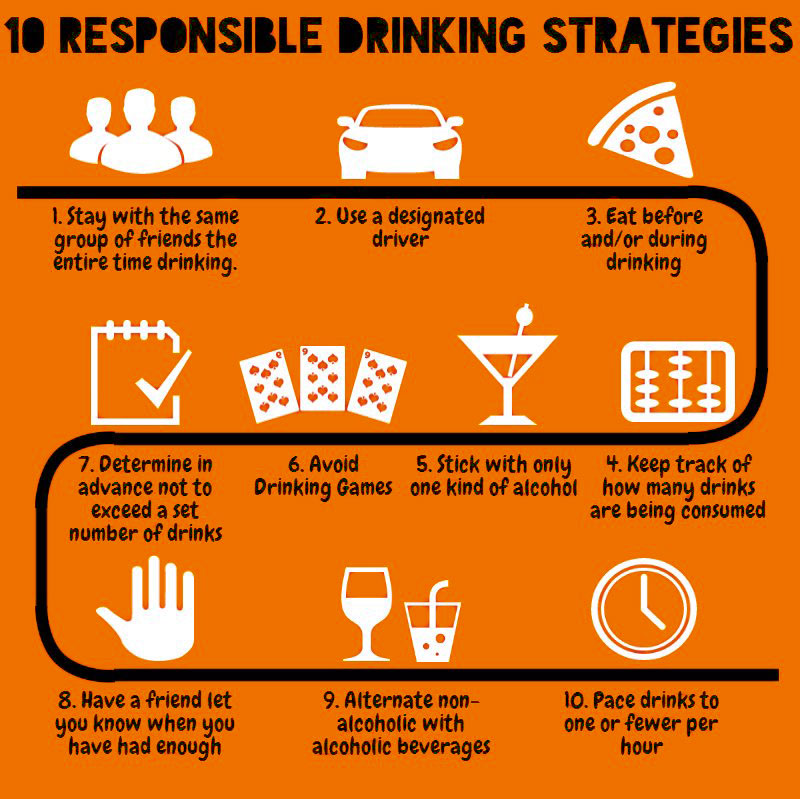Discover surprising variables that can affect how intoxicated you get from alcohol consumption, and how to control your intake effectively.

Image courtesy of Airam Dato-on via Pexels
Table of Contents
There is a common question that often permeates social gatherings and parties – “how many beers does it take to get drunk?” While this may seem like a straightforward query, the answer is far more complex than many realize. In this blog post, we dive deep into the science behind alcohol intoxication, exploring the various factors that influence how intoxicated an individual may become.
Understanding Alcohol Metabolism
When alcohol is consumed, it undergoes a complex process known as metabolism within the body. The liver plays a crucial role in breaking down alcohol and determining the rate at which it affects intoxication levels. The process of alcohol metabolism can vary between individuals, with factors such as gender playing a significant role. Men tend to metabolize alcohol more efficiently than women, leading to differences in intoxication levels for the same amount of alcohol consumed.
Individual Tolerance Levels
Each person’s tolerance to alcohol is unique and can be influenced by a variety of factors. Genetics, age, weight, and even cultural background can all impact how much alcohol an individual can safely consume before feeling the effects of intoxication. Understanding one’s own tolerance level is crucial for practicing responsible drinking habits and avoiding potential harm. It is essential to recognize that tolerance levels can change over time, and what may have been a moderate amount of alcohol for one person in the past may now result in increased intoxication.
Factors Influencing Intoxication
Intoxication levels are not solely determined by the number of drinks consumed but are also influenced by various external factors. Food intake, hydration levels, stress, and medication can all play a role in how alcohol is absorbed and metabolized in the body. Eating a substantial meal before drinking can slow down the absorption of alcohol, potentially reducing the intoxicating effects. Conversely, drinking on an empty stomach can lead to quicker intoxication and a higher risk of alcohol-related harm.

Image courtesy of regenerationdistilling.com via Google Images
Hydration levels also play a crucial role in influencing intoxication. Alcohol is a diuretic, meaning it can dehydrate the body and lead to increased intoxication. Staying hydrated by drinking water in between alcoholic beverages can help mitigate the dehydrating effects of alcohol and reduce the risk of severe intoxication. Stress and emotional factors can also impact how alcohol affects the body, with heightened emotions potentially intensifying the effects of alcohol.
Aside from external factors, binge drinking poses a significant risk to individuals’ health and safety. Consuming large quantities of alcohol in a short period can overwhelm the body’s ability to process and metabolize alcohol efficiently, leading to acute intoxication and potential alcohol poisoning. It is crucial to practice responsible drinking habits, set limits, and know when to stop to prevent adverse consequences.
Conclusion
As we have explored, the question of how many beers it takes to get drunk is not a simple one to answer. Alcohol intoxication is a multifaceted process influenced by a combination of individual factors and external variables. Understanding the science behind alcohol metabolism, knowing one’s own tolerance levels, and being aware of the factors that influence intoxication levels are essential steps towards practicing responsible drinking habits.
Ultimately, it is important for individuals to drink in moderation, prioritize their safety and well-being, and be mindful of the potential risks associated with alcohol consumption. By being informed and making conscious decisions about drinking habits, individuals can enjoy alcohol responsibly and reduce the likelihood of experiencing adverse effects of intoxication.
How does gender impact alcohol intoxication levels?
Gender plays a role in alcohol metabolism, with men generally metabolizing alcohol more efficiently than women. This can lead to differences in intoxication levels for the same amount of alcohol consumed.
Can food intake affect alcohol intoxication?
Yes, eating a substantial meal before drinking can slow down alcohol absorption, potentially reducing intoxicating effects. Drinking on an empty stomach can lead to quicker intoxication.
How does hydration impact alcohol intoxication?
Alcohol is a diuretic that can dehydrate the body, increasing intoxication levels. Staying hydrated by drinking water between alcoholic beverages can help mitigate the dehydrating effects and reduce severe intoxication.
Why is it important to practice responsible drinking habits?
Practicing responsible drinking habits helps individuals prioritize safety and well-being, reduce the risk of adverse effects of intoxication, and enjoy alcohol responsibly. Setting limits, knowing when to stop, and being informed about factors influencing intoxication are crucial for maintaining a healthy relationship with alcohol.
Powered by Texta.ai Blog Automation
Leave a Reply